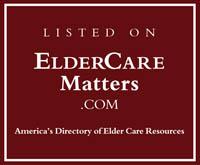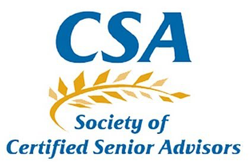GETTING OLDER………….
WHAT ARE YOUR HOUSING OPTIONS?
-Age in Place: Make sure your home is safe and fully accessible. Should you have a pendant or watch that indicates a fall or other emergency? Door bell monitor? Understand and vet all available community services including medical, social and religious. Is “Adult Day Care” a possibility?
-Village Concept: This model links neighbors and local businesses together to help each other stay in their homes as they grow older. “Villages” are not available in all parts of the country. Some 55+ communities have partnered with groups like the National Aging in Place Council to link them to available services.
-55+ communities: Intended to be independent, often with activities, swimming, golf, etc. available. Health services are sometimes on the property.
–Independent Living: Usually age restricted, some offer meals, most will have kitchen, most will have a home care agency affiliation on the premises.
-Assisted Living Community: Provides housing, meals and assistance with your Activities of Daily Living. Under the “Assisted Living” umbrella, you will find 3 types of communities:
*Assisted Living Community- could be anywhere from 50 residents up to hundreds of residents.
*Memory Care Units- Could be within an Assisted Living Community or stand alone. Offers special assistance for those with cognitive decline.
*Family Care Homes- Licensed for just a few residents (in NC, the maximum is 6). Provides customized care in home type setting.
–CCRC: Continuous Care Retirement Community. There are many variations. Some are “month to month”; other there is a buy-in to guarantee all levels of care. If you are looking at a “buy in” community, fully understand what you are buying and what is the “exit costs” if you choose to leave or pass away.
Whatever you plan, make sure your legal documents reflect your wishes and medical care desires.
Finances? Will you need VA Aid and Attendance, Special Assistance or Medicaid to help pay for your care? Call us today!










